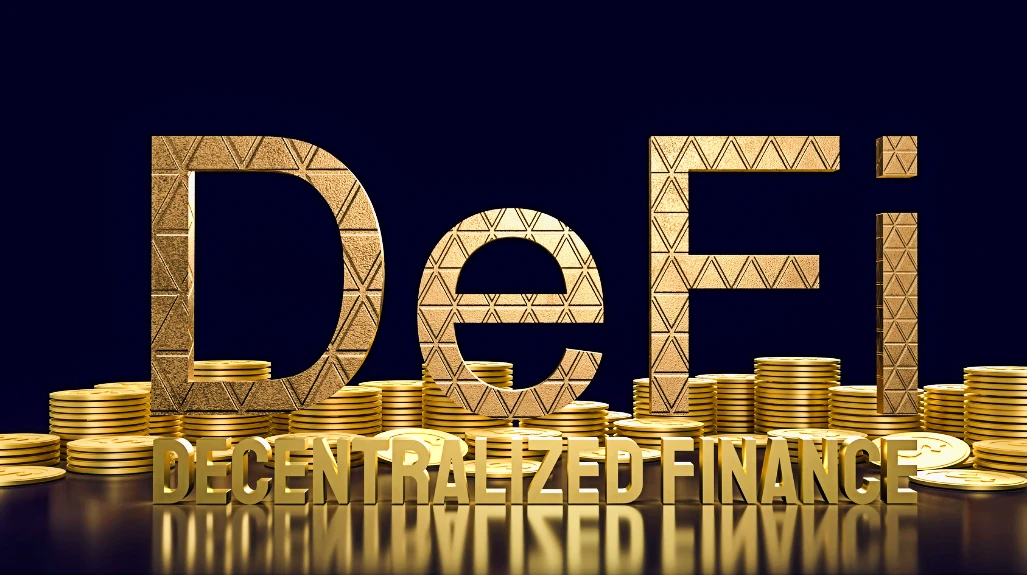True Return Systems (TRS) sold a patent to the DeFi Education Fund (DEF). This patent was used as evidence in cases against MakerDAO and Compound, two well-known decentralized finance (DeFi) systems. After DEF bought the patent for an oracle-like system meant to improve data storage and processing, it became the subject of lawsuits. However, the cases have now been dropped, clearing these protocols of any legal issues.
DEF has said it wants to give the patent to the public domain so that other blockchain-based projects don’t have to deal with similar lawsuits in the future. This move shows that DEF supports the idea of open-source software development and is against what it calls “patent trolling.” DEF said that the 2018 patent approval covered widely used technology by pointing to changes that had been made in the field in 2014 and 2016.
DEF’s purchase of the patent not only solves the legal problems MakerDAO and Compound were having, but it also brings to light bigger problems with the patent system, especially how intellectual property law should be applied to new technologies like blockchain. OpenSea used to offer the property for sale as a non-fungible token (NFT), but it didn’t get any serious bids, which showed how controversial its claims were.
At the same time, the Broadcasting Services (Regulation) Bill, 2023 was pulled by the Ministry of Information and Broadcasting (MIB) after receiving strong opposition from various groups. When the draft bill was revised and sent around in 2024, it got a lot of negative feedback because it had parts that could label online influencers as presenters, which would mean they would have to follow strict rules. Stakeholders were worried about how it might affect people who make digital material and the media industry as a whole.
The MIB has pushed back the date for comments on the draft bill until October 15 so that more time can be spent talking with people in the business. It’s still not clear whether certain parts of the bill will be changed or if the whole thing will be rewritten. The bill’s removal and the ongoing discussions show how hard it is to make rules that balance new ideas with safety in the digital world, which is changing so quickly.
The DEF’s proactive legal strategy and the MIB’s response to stakeholder issues both show how complicated it is for technology, law, and government to work together in the modern world. There is a good chance that these events will set important examples for the future of both decentralized banking and digital media government.
































